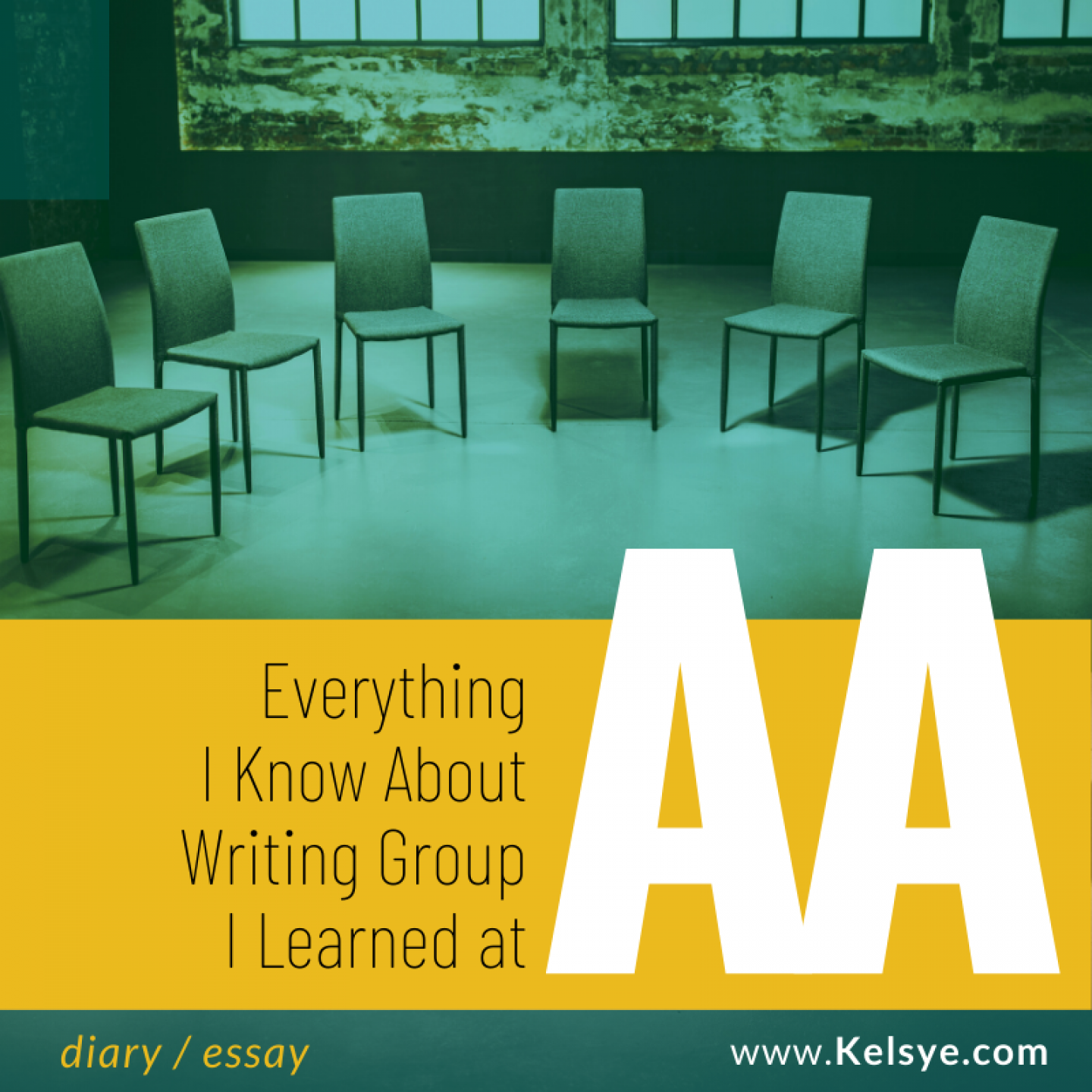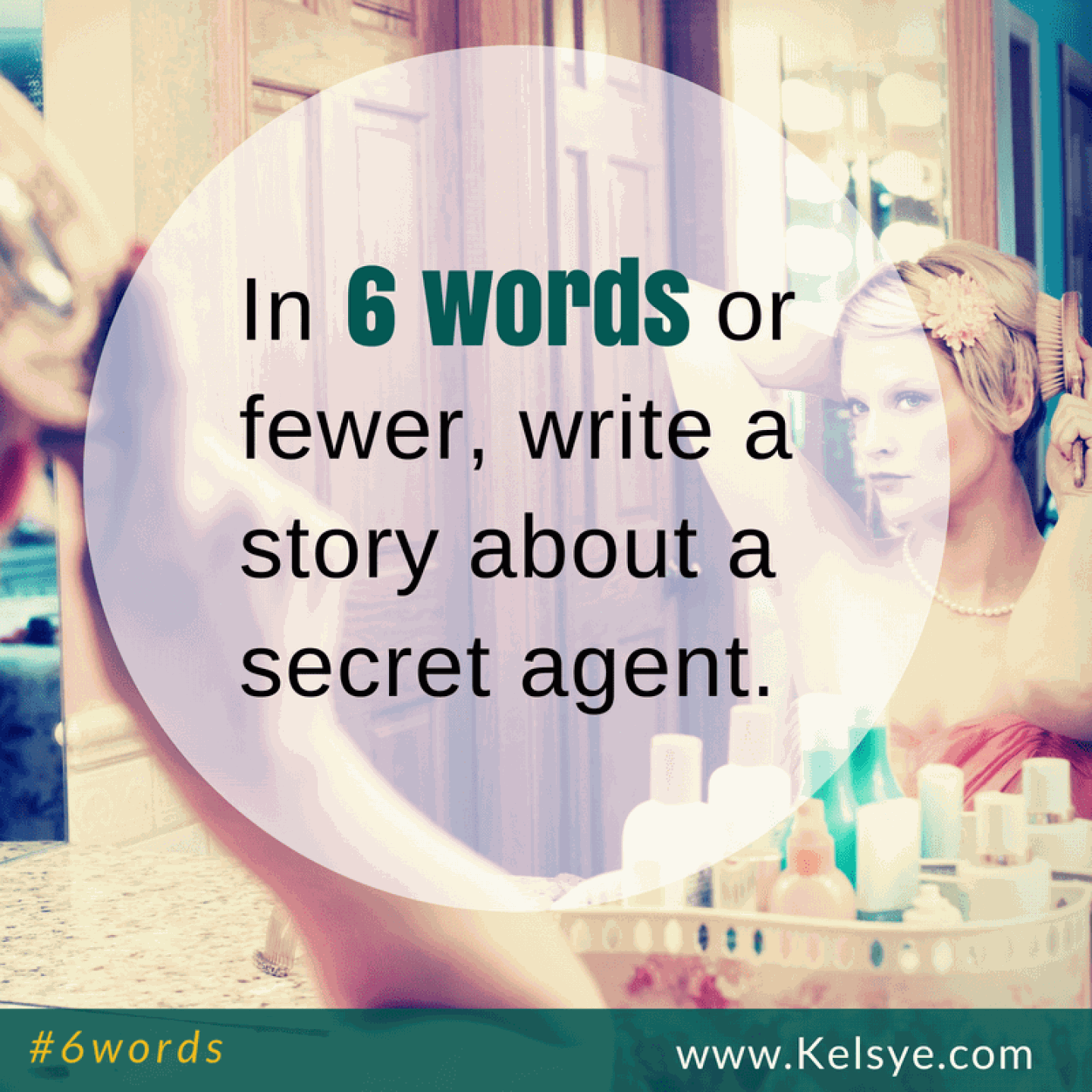
Moment of epiphany number one.
When I was in college, I took a course called Citizen Artist that taught me how memes, information and presentation impact society. We completed an exercise on manufactured authority that I still think back on frequently.
The assignment was to create a history museum display of a false event or character. We were to present invented stories as complete fact, using such mediums as design, language and false evidence to convince viewers. I made up a character I named Teirny Flaxwell that was killed during the Ludlow Massacre of 1914. I created a plaque of commemoration by Mother Jones. I built a slick display that even featured crushed pottery from her trampled camp (purchased on sale at Value Village). I found images online of a sullen girl, ran a Photoshop filter to age the portrait and printed it out big.
My display measured five feet tall and three feet wide. It looked worthy of any history museum. Thank God for Photoshop skills and museum board. When the class came around to critique my project, I felt damn smug. How shocked I was when one of my peers snarked, “Yeah, but it’s not fair that we use her display as a comparison. She found such a good historical figure to use.”
Murmurs of disgruntled agreement rolled through the group.
This shocked the daylights out of me. We all had the same assignment. They all knew I was inventing facts. Yet, even with this insider knowledge, my well-educated, authority-suspicious peers were easily swayed into belief by my professional application of graphic design, assumed authority and found images.
“Teirny Flaxwell is not real! I made her up!”
Cutting looks told me they were certain I’d cheated.
Moment of epiphany number two.
I walked off the stage at the San Francisco amphitheater trembling and relieved. Having just pitched my startup to a panel of silicon valley VC’s in front of an audience of about 600 and not forgotten my speech or bombed out, again I felt that lovely smug warmth. Awesome! I can’t believe I just did that. I would have done an end zone dance if not still in view of the crowd.
I stepped out in the hall to check my twitter app on my phone and see the audience’s reaction to my talk. One tweet stopped me cold. They tweeted a picture of me gesturing grandly at my market size slide, captioned with the words “PUBLIC EDUCATION FAIL”. I squinted at the slide. What?! What was wrong?
The math. The math was horribly wrong. In giant numbers, projected about ten feet tall on the stage screen, my slide displayed that 750 thousand self-published books times 2,500 spent in services equals 18 billion a year.
Actually do the problem in your head. The answer is not 18 billion. It’s 1.8 billion.
Shame and embarrassment washed over me like a bucket of ice water. Holy crap. I can’t believe I didn’t catch that. Neither did my partner. Neither did the ten or so mentors that reviewed our slides. Neither did the empirically critical event director that made me run through my presentation five times for him. Neither did any of the earlier round judges or the hundreds of internet public that first voted our pitch through to finals.
The equation was presented with authority on a slide and all of us simply accepted it as fact, rather than take a single moment to think it through on our own.
Moment of epiphany number three.
My petite daughter took extra precautions her first day of seventh grade in order to not be mistaken for a lowly sixth grader. She’d recently cut her hair into a stylish bob and colored it purple. She refused a backpack and instead took a messenger bag. She selected a calculated cool outfit of zombie t-shirt and worn jeans. I watched her walk into the school with confidence. She waved at friends, didn’t even bother to turn around and say goodbye to me. Piece of cake.
About an hour later I got a garbled message from her telling me to please come home right now, that she was terribly sorry, she’d take any punishment and it was all a big lie.
I raced home to find her sitting on the floor in the middle of the living room crying while our big dogs nervously circled and sniffed at her head.
I swooped down immediately and held her tight. “What’s wrong! What happened?”
“It’s all a lie!” she moaned. “I can’t face my friends. I am so ashamed?
“What?! What?”
She told me how she went to her first class, homeroom… for sixth graders. At first she thought it might be a mistake. But there was the correct classroom number on her schedule. There was her name carefully handwritten on a name tag on the teacher’s desk. There was the teacher, telling her she shouldn’t be scared and that she was going to love the sixth grade.
She suffered through the class without saying anything. As she exited at the bell, she saw her friends in the hall. The thought of them seeing her with the sixth graders brought on a full blown panic attack. She fled, right out the door of the school and the entire mile back to our house.
I assured her it was surely a mistake. She shook her head, despondent.
I called the school and they told me she had been assigned to the wrong homeroom. She was most definitely a seventh grader and hadn’t been secretly flunked back.
I brought her back in time to catch the last two classes of her schedule. Again, she smiled as she left me, but was still obviously shaken, as though any moment someone would tell her this was the mistake and she didn’t belong there.
If she had simply raised her hand in class and said she was a seventh grader, the whole episode could have been cut off at the start. If after class, she had walked to the office and had them double check, the mistake would have been caught.
Those things didn’t happen. A figure of authority told my daughter she was something less than what she thought and she accepted it point blank.
How terrifying.
What the hell does this all mean?
When you learn how easy it is to manufacture authority, you may easily do so for personal gain and entertainment. Fake it and other people will believe it. Most people. Whether you choose to use this power for good or evil is up to you. Do with it what you will.
Yet even knowing this, are you aware of the authorities and judgments you’ve accepted in your own life that have been manufactured by someone else? Just as you may invent authority, you also have power over which authorities you accept.
Sometimes, the authorities that impact our lives do not have our best interests in heart. They may even actively seek to belittle or diminish us. Think of the judgments you accept, those from your family, your peers, the people who look at your work. It’s not too hard to see personal bias in these moments. Now scale your view up. What judgments do you accept from your society, your government, your God.
These things that we think as fact may, in fact, be someone else’s very good story.






